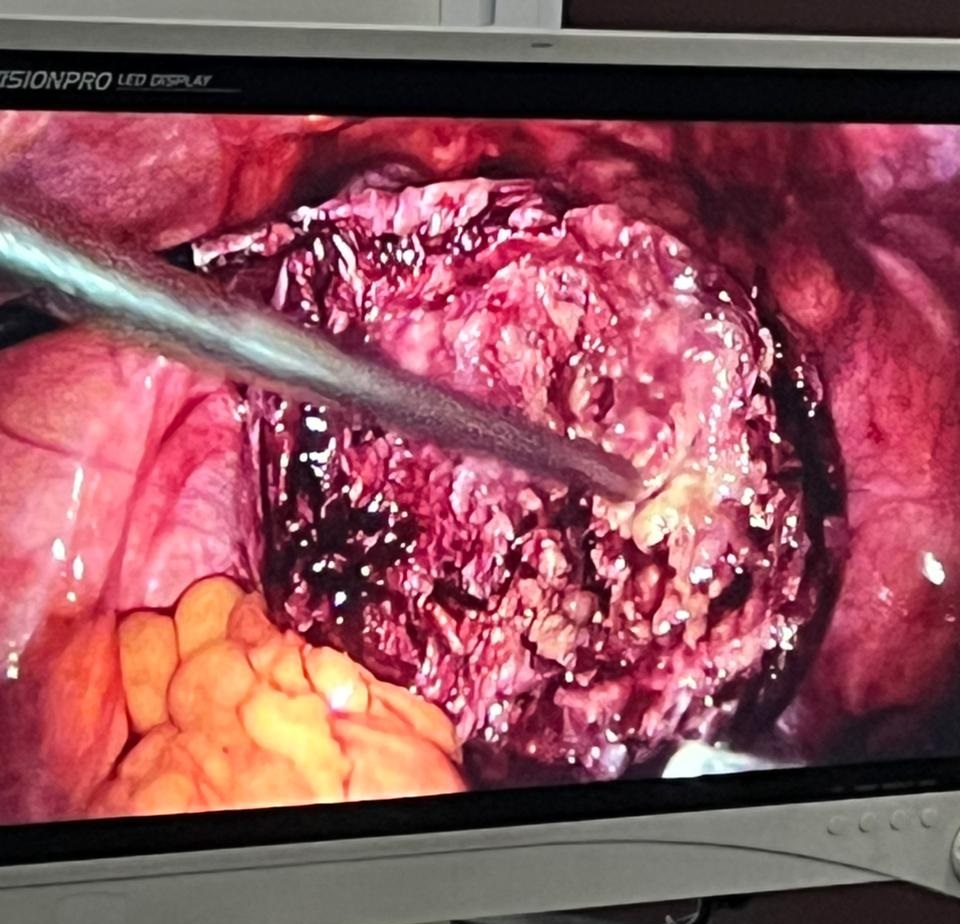Treatment of stones
The treatment of kidney stones depends on various factors such as the size, location, composition of the stones, and the severity of symptoms. Here are some common approaches:
Pain Management: Severe pain associated with kidney stones is often managed with over-the-counter or prescription pain medications. Nonsteroidal anti-inflammatory drugs (NSAIDs) such as ibuprofen or prescription pain relievers may be used.
Hydration: Drinking plenty of water can help flush out smaller stones from the urinary tract and prevent the formation of new stones. Adequate hydration is crucial in managing kidney stones.
Medications: Depending on the type of kidney stone and its underlying cause, your doctor may prescribe medications to help dissolve stones or prevent their formation. Common medications include:
Alpha-blockers: These drugs relax the muscles in the ureter, making it easier for small stones to pass.
Thiazide diuretics: They can help prevent the formation of calcium stones by reducing urinary calcium levels.
Allopurinol: This medication is used to reduce uric acid levels in the blood and urine, thus preventing uric acid stones.
Extracorporeal Shock Wave Lithotripsy (ESWL): This non-invasive procedure uses shock waves to break larger stones into smaller pieces that can be passed more easily through the urinary tract.
Ureteroscopy with Laser Lithotripsy: In this minimally invasive procedure, a thin, flexible scope (ureteroscope) is inserted through the urethra and bladder into the ureter to locate and remove or break up the stone using laser energy.
Percutaneous Nephrolithotomy (PCNL): This surgical procedure is usually reserved for larger stones or those that cannot be effectively treated with other methods. It involves making a small incision in the back and using a nephroscope to remove the stone directly from the kidney.
Surgery: In rare cases where other treatments are ineffective or not feasible, open surgery may be required to remove the kidney stone.
Lifestyle and Dietary Changes: Depending on the type of kidney stone, your doctor may recommend dietary modifications to prevent recurrence. This may include reducing sodium intake, avoiding foods high in oxalate or purines, and increasing intake of fluids and citrate-rich foods.
Treatment decisions are individualized based on the specific circumstances of each patient. It's essential to consult with a healthcare professional for proper evaluation and management of kidney stones.

.png)
.png)
